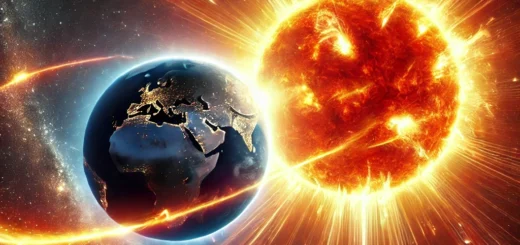What Would Happen If Bees Went Extinct? Here Is The Shocking Truth!
There are about 20,000 species of bees in the world, and they are probably the most important insect pollinators we have. Each one of those species has its own little quirks- its own way of flying, it’s own favorite flowers, and it’s own special ways of collecting nectar. Over millions of years, bees and flowers have developed beautiful give-and-take relationship. Bees get food, and in return, they help plants reproduce by carrying pollen from one bloom to another. Their bodies, behavior, and timing are often perfectly in sync with the flowers they visit. Without them, a lot of the food we eat simply wouldn’t exist.
And that’s where the big question comes in — what would happen if all the bees disappeared?
What If All Bees Disappeared?
It’s a big question – and the answer is even bigger. If all the world’s bees were to vanish, the impact would be enormous- far greater than we can imagine. As far as important species go, bees are top of the list. They are critical pollinators . Bees are responsible for pollinating 70 out of the 100 crop species that feed 90% of the global population. Just honeybees alone contribute to around $30 billion worth of crops every year. When we consider that, it’s not hard to see how a world without bees could struggle to sustain a population of 7 billion people.
But it doesn’t stop there. Without bees lots of plants, especially wildflowers and some fruits, would stop reproducing because, they are almost entirely dependent on bees for pollination. Some of them, like certain types of orchids, have a one-to-one relationship with a specific bee species. Without their partner, they simply wouldn’t survive. That means those plants would die off too… and when they disappear, it changes everything in their little ecosystems. And when plants disappear, it affects everything – the animals eat those plants, insects that live on them, and even the soil they help anchor and enrich – all would be affected.
And it goes beyond plants. There are many animals that eat bees, like bee-eater birds and small mammals. without bees and these animals would face starvation. Some species could vanish altogether.
It’s all connected. Take out one piece of the puzzle, and the whole picture changes.
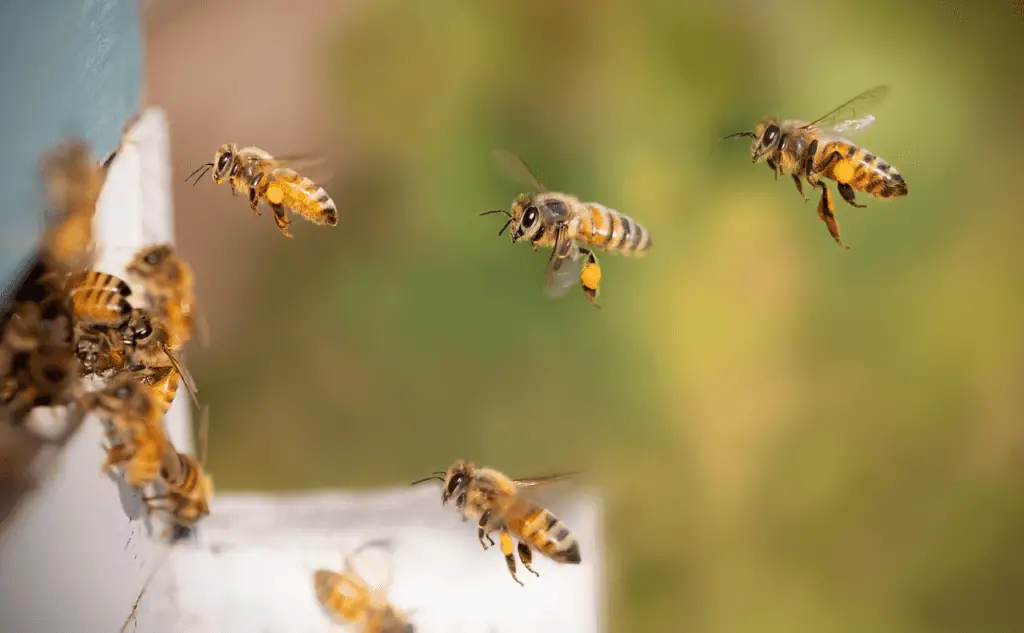
What About Us? Our Food?
And yes, what about us? Humans? Well, let’s get real. Humans would still survive without bees – we wouldn’t starve or go extinct. but our plates would definitely look different as diversity of our diet gone. It’s not just about losing honey or blooming gardens- it’s about losing balance. Many of the fruits and vegetables we eat every day rely on bee pollination. Blueberries and cherries, for example, rely on honeybees for up to 90 percent of their pollination. Think, apples, almonds, cucumbers, tomatoes and tons more.. even coffee plants benefit from bees. Without them, these crops would be harder to grow, more expensive, or in some cases, disappear from grocery stores entirely. We’d still have staples like wheat, rice, and corn because they’re wind-pollinated, but the colorful variety of our diets would shrink. That fresh salad you love? Gone. Crunchy apples in fall? Might become a luxury.
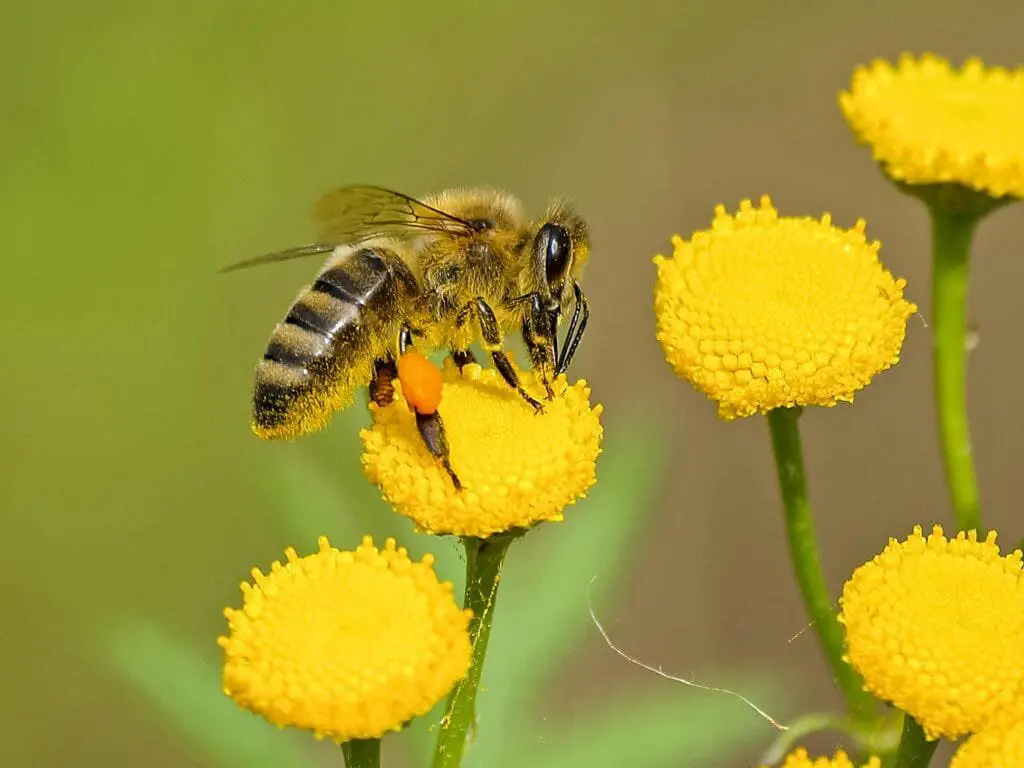
Some countries have tried hand-pollination to make up for the loss of bees. In parts of China, people use brushes to pollinate apple trees by hand. But let’s be real – that’s not something we could do on a global scale farming. It’s incredibly labor-intensive and expensive, and not nearly as effective as nature’s original workers. There are even tiny robot bees in development in Japan, but the technology is still in its early stages and not ready to replace millions of buzzing workers that do the job for free.
So yes – the loss of bees wouldn’t mean the end of the world, but it would change it in ways that would hurt. Our diets would become less diverse. Prices for fruits and veggies would go way up. And our connection to nature – to the buzzing, blooming life all around us – would be weaker.
Why Are Bees Disappearing?
Bees are disappearing, and it’s not just a quiet whisper in the background. it’s a real, growing crisis. Over the past few decades, bee populations are in steep decline. The familiar honeybee is struggling with a mysterious issue known as colony collapse disorder, where worker bees just vanish from the hive. Bumblebees and many other solitary bees are also on the decline. Some bees, like the rusty patched bumblebee, are already listed as endangered. Why? The causes are many. Pesticides and chemicals used on farms are continuously harming them. These chemicals don’t just kill pests- they confuse and poison bees, making it harder for them to find their way home or even survive.
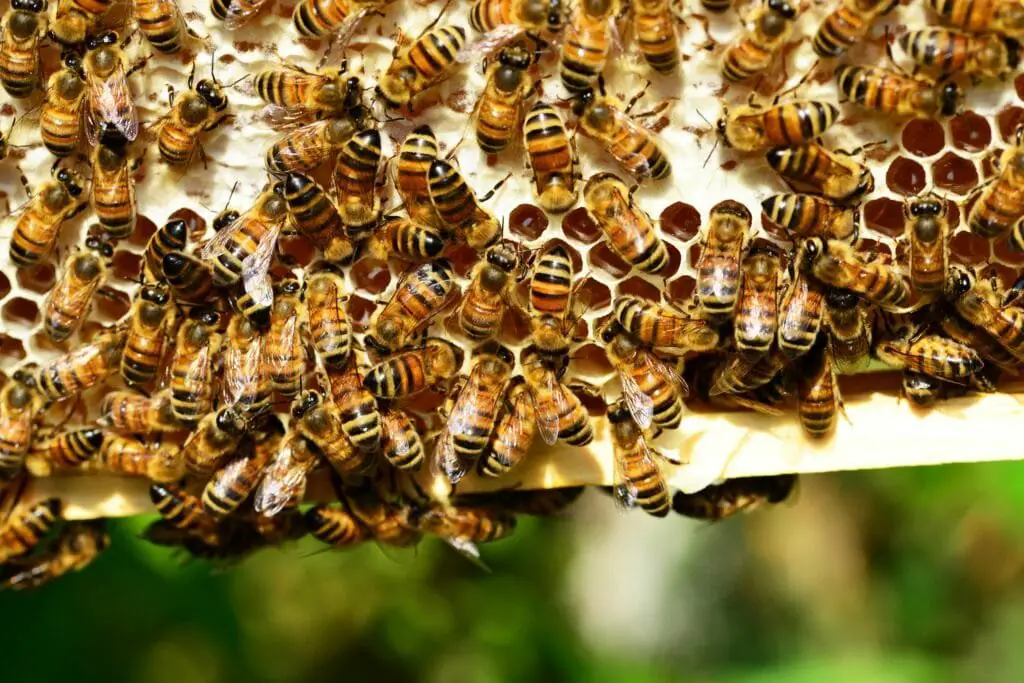
Cities and farmland are taking over the wild spaces where they once lived. And then there’s climate change – shifting temperatures and unpredictable weather are making life harder for bees in ways we’re still learning about. Diseases and parasites like the infamous Varroa mite, are also adding to the problem, hitting already weakened bee colonies.
It’s like they’re being hit from every direction- losing their food, their homes, and their strength. And if we don’t start changing how we treat the environment around us, these tiny creatures could vanish forever, and the ripple effect would reach farther than we imagine.
Can We Still Save the Bees?
Yes- we absolutely can. Bees aren’t extinct- not yet. And there are things each of us can do to help. We can start by planting bee-friendly flowers in our gardens or balconies, especially native plants that bloom across different seasons. Avoiding harmful pesticides and choosing organic options can make a world of difference. Supporting local beekeepers by buying raw honey and beeswax products helps too. Even something as simple as learning about bees- and sharing their story can make a difference.
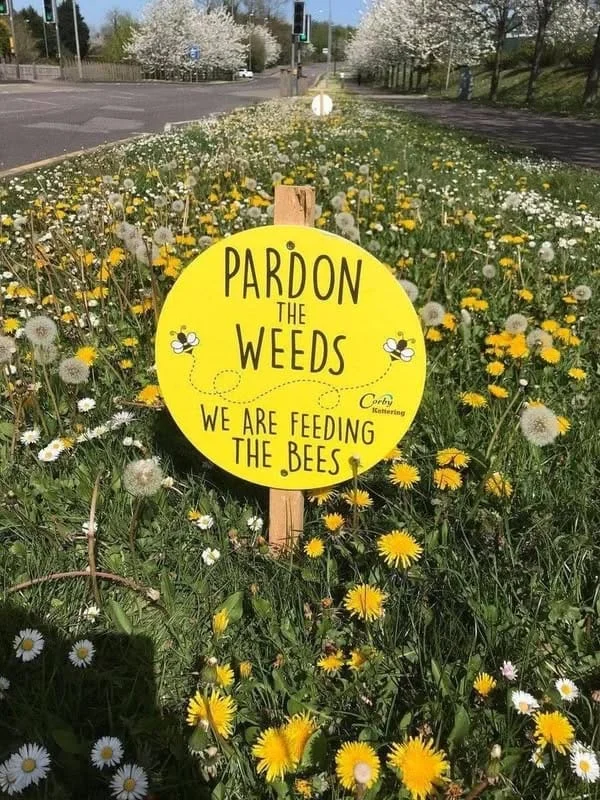
On a larger scale, we need stronger policies that protect bee habitats, regulate pesticide use, and fund research that helps us better understand and support these amazing creatures. Because in the end, saving the bees might just be the key to saving ourselves. Change is possible- and it begins with awareness.
Losing bees would mean more than just losing a species. It would be a blow to biodiversity, agriculture, human health, and even our emotional connection to the natural world. But if we act now- if we care, plant, protect, and speak up- there’s still hope.
And hope, like pollen, spreads fast when it’s shared.

